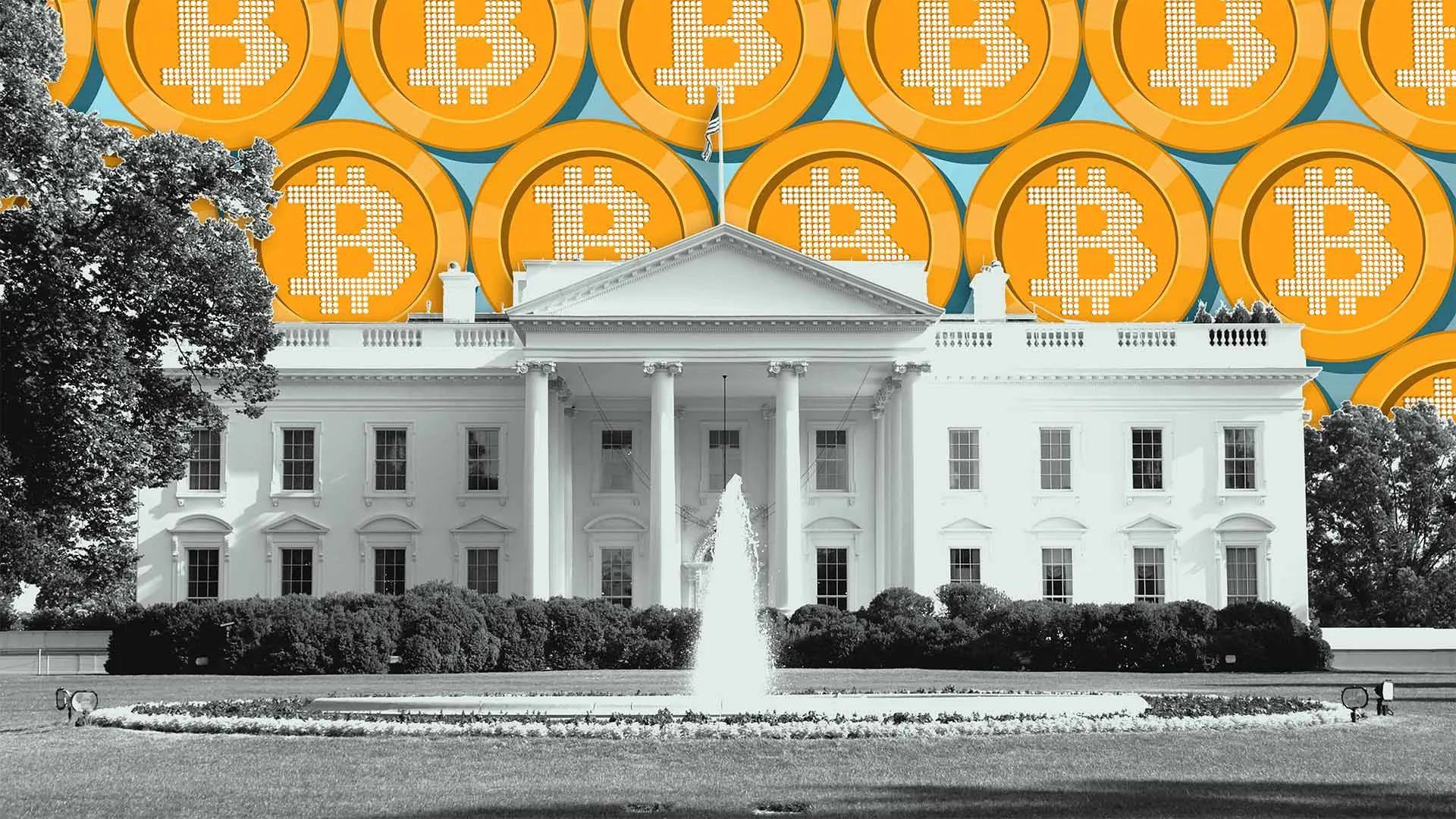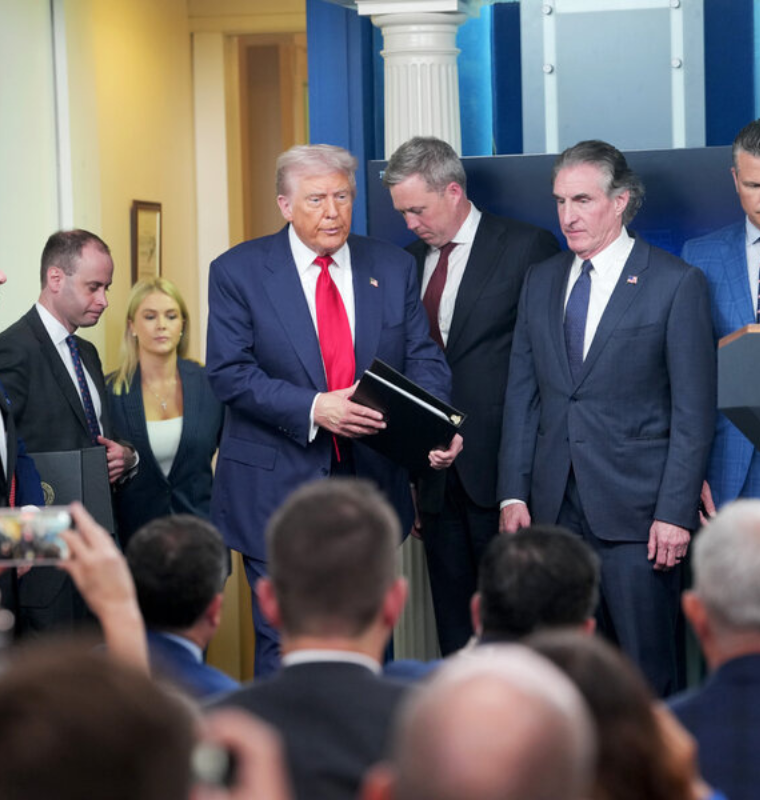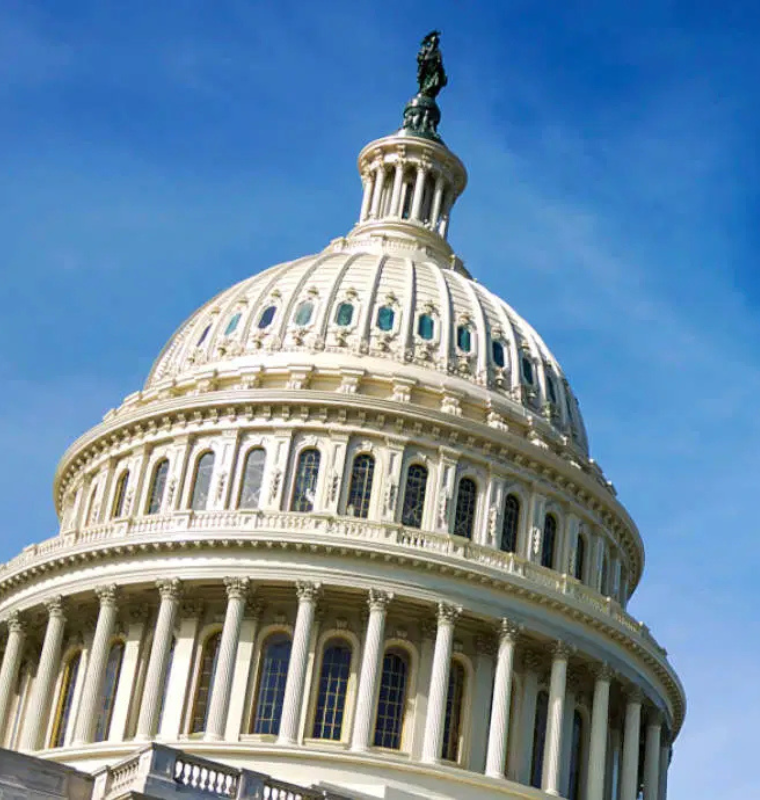Washington's Crypto Pivot: What the New U.S. Political Shift Means for the Digital Asset Industry
Washington's Crypto Pivot: What the New U.S. Political Shift Means for the Digital Asset Industry
By
Calder Monroe
Last updated:
August 11, 2025
First Published:
August 11, 2025

Photo: Inc. Magazine
The crypto industry has seen many cycles of boom and bust but none of them compare to the weight of political power shifting in its favor. Over the past few months, Washington has started unveiling a roadmap that could fundamentally reshape how digital assets are regulated and accepted in the United States. This shift is not just a policy update. It is a signal that crypto is no longer on the fringe but ready to stand side by side with traditional finance.
A Government Blueprint Designed for Integration
What used to be whispered in backchannels is now in the open. The White House, under the latest administration, has rolled out a detailed 160-page framework outlining a future where digital currencies become part of everyday financial infrastructure. This document is not filled with speculative hopes or ambiguous language. Instead, it sets clear intentions to welcome crypto into the fold of mainstream economic activity.
This move is not simply about recognizing the existence of digital assets. It is about weaving them into the financial fabric of the country. From banking access to institutional adoption and legal clarity, the tone from the federal government has changed from confrontational to cooperative.
Relief for Coinbase, Ripple, and Kraken
For major crypto firms like Coinbase, Ripple, and Kraken, the change could not have come at a better time. These companies have long operated under a cloud of legal uncertainty. The Securities and Exchange Commission had previously taken an aggressive stance, filing lawsuits and maintaining a broad definition of what constitutes a security.
Now that the lawsuits are being reevaluated and in some cases dropped altogether, these firms are experiencing a resurgence in both investor confidence and operational flexibility. Ripple, which fought a high-profile legal battle over its XRP token, now sees an open path to expand its U.S. operations without the same level of regulatory friction.
Similarly, Coinbase and Kraken, which had previously been limited in the types of products they could offer due to regulatory hurdles, are now in a position to innovate and scale with fewer restrictions. This shift is not just good for business. It sets a precedent for how other countries might model their own crypto policies.
Banking Barriers Begin to Fall
One of the most frustrating challenges crypto firms have faced in the U.S. has been the difficulty of accessing traditional banking services. Many banks refused to work with crypto companies due to compliance concerns or perceived risk. This created a dangerous gap where legitimate businesses were treated like outlaws.
That is beginning to change. Federal regulators have started pushing for clearer guidelines that would allow banks to interact with digital asset platforms without fear of sudden penalties. This bridge between crypto and traditional banking is one of the most critical developments in the industry’s history. It allows for smoother payment processing, more stable onramps for retail users, and a pathway for institutional capital to flow into the market.
Politics Aligning with Public Sentiment
The shift in Washington is not happening in a vacuum. It comes as public sentiment toward crypto becomes increasingly positive. Retail investors have grown more knowledgeable, institutions have dipped their toes into digital assets, and even pension funds have started allocating a portion of their portfolios to cryptocurrencies.
Politicians are beginning to respond to these changes in voter behavior. Crypto has become a topic in election campaigns, with candidates expressing their stance on digital assets as a way to connect with younger and more tech-savvy voters. The result is a political environment where support for crypto is no longer a fringe idea but a strategic position.
The Road Ahead is Still Long
While this political shift is promising, the road ahead is still filled with uncertainty. There is no guarantee that every aspect of the new plan will be implemented without resistance. Some traditional financial institutions remain skeptical. Not all lawmakers agree on the best path forward.
However, what is clear is that the tone has changed. The battle between crypto and regulators is no longer a zero-sum game. Collaboration is replacing confrontation and the industry finally has a chance to build rather than just defend.
Final Thoughts
The latest political developments in the United States mark a turning point for the global crypto industry. With regulatory lawsuits being dropped, banking access opening up, and a federal plan to embrace digital assets, the foundation is being laid for crypto to move from an outsider to an insider in the world of finance.
For those who have been watching this space closely, this moment is not just a win for innovation. It is a validation that crypto is here to stay. As Washington opens its doors to digital assets, the rest of the world is likely to follow.
Popular articles
Subscribe to unlock premium content
Disney’s Timeless Magic and How the Entertainment Giant Continues to Shape Culture and Innovation

Imran Khan’s Economic Missteps Amid Political Chaos in Pakistan

The Philippines’ Digital Shift How Remittances and BPO Are Fueling Growth

Disney’s Timeless Magic and How the Entertainment Giant Continues to Shape Culture and Innovation

Imran Khan’s Economic Missteps Amid Political Chaos in Pakistan

Disney’s Timeless Magic and How the Entertainment Giant Continues to Shape Culture and Innovation









